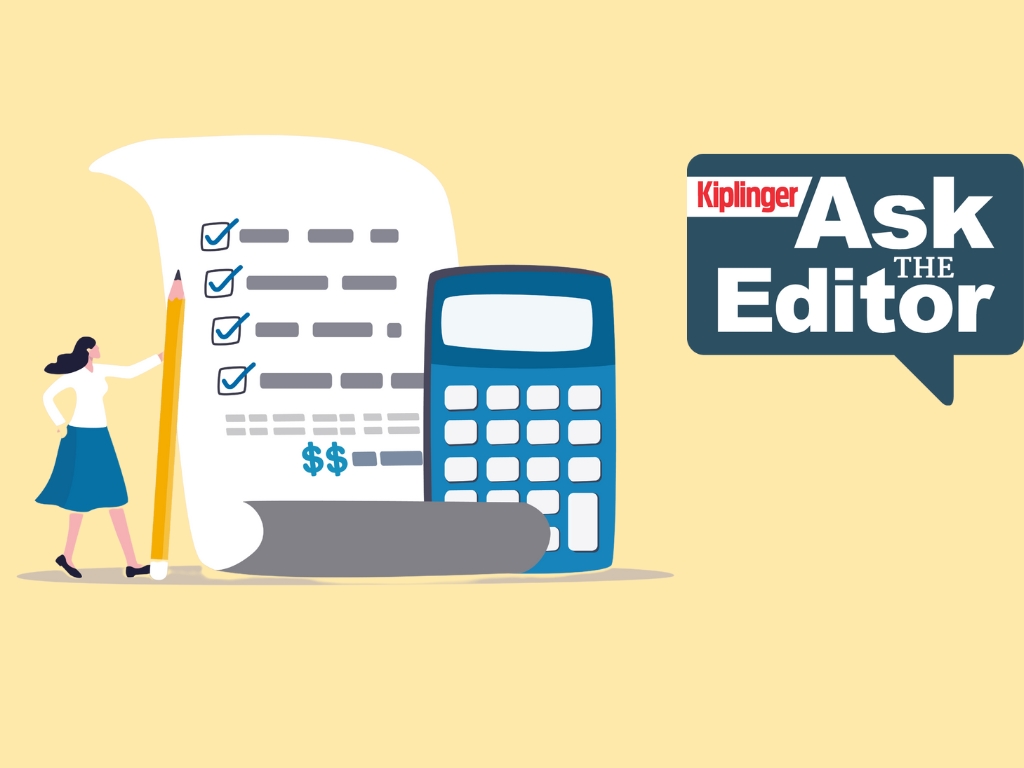The Investor’s Dilemma: Active, Passive, or Asset-Class Investing?
It’s a decision that warrants the investor’s time and due diligence, because, ultimately, your wealth is at stake and the wrong move could be costly.

When it comes to your wealth management strategy, deciding what to do gets complicated. There are about 45,000 individual securities and more than 30,000 mutual funds and 1,000 ETFs (exchange-traded funds which track a particular index).
There is a map to help guide you through the tens of thousands of investments to choose form. First, you must decide between Active Management and Passive Management. Active Management is someone or a team making decisions based upon their research, then engaging in the market as a competitor in search of Alpha (excess return above a specific benchmark). Passive Management on the other hand seeks to capture the return of the market without taking excess risk, and most importantly at a lower cost to investors.
Active managers are prone to emotion, external circumstances, and management style drift. They try and outsmart the market based on analysis, timing, predictions and forecasts. Over time it has been shown that a significant majority of actively managed funds will underperform their respective benchmarks. There are multiple reasons for this discrepancy, starting with higher fees and less tax efficiency.
From just $107.88 $24.99 for Kiplinger Personal Finance
Become a smarter, better informed investor. Subscribe from just $107.88 $24.99, plus get up to 4 Special Issues

Sign up for Kiplinger’s Free Newsletters
Profit and prosper with the best of expert advice on investing, taxes, retirement, personal finance and more - straight to your e-mail.
Profit and prosper with the best of expert advice - straight to your e-mail.
After costs, the return on the average actively managed dollar will be less than the return on the average passively managed dollar. It’s simple math: After fees and costs, active management becomes a losing game in which the expected outcome is negative. Said differently, some active managers will win some of the time, but the majority usually come up short. It’s a zero-sum game, so with every winner there’s a loser. Trying to pre-identify the small percentage of the winners is extremely difficult.
Passive investing, while less sexy, has become increasingly popular for a large number of investors. A recent study showed that in one year $61 billion flowed into the passive management fund bucket, and in the same year $95 billion flowed out of the active management fund bucket; this trend continues.
Here we come to a fork in the road: Indexing via ETFs or index funds, or Asset-Class Investing.
There are some inherent problems with ETF or index-fund investing:
- There are costs associated with tracking an index. When indexes drop or add a security, the tracking funds are required to do the same. This pushes the price up for purchases and down for sales, making the transaction more costly. The index fund loses the information game here as market participants can anticipate trades ahead of time.
- Indexes are not flexible, and there’s often drift between asset classes. Constituents of any index can move from one asset class to another (small cap to mid cap, for example), but the index only reconstitutes once a year.
- There is zero flexibility in security selection. The Index fund needs to mirror its respective index. There are no exceptions.
Indexes are designed to establish market performance and serve as a benchmark for active managers, not serve as investment vehicles. Some of the advantages of ETFs or index funds are that they have low costs, broad diversification and tax advantages.
Asset-Class Investing is a form of passive investing in the sense that the underlying premise is that markets are efficient, and increasingly so. Both Asset-Class and Passive Management are based on the hypothesis that markets are efficient in that they rapidly price information from 45+ million trades a day, which makes it very difficult to capitalize on any public information.
But there is one major difference: Asset-Class Investing is based on research from some of the academic community’s most innovative and respected thinkers and economists. Rooted in the knowledge that asset allocation has the greatest impact on investment returns, it is designed to control the investments included in each asset class.
This increased flexibility and ability to keep asset classes pure to their objective allows asset-class funds to truly capture the returns in each respective asset class in a dynamic, tax-efficient and low-cost manner.
Some of the advantages of the Asset-Class Investing approach include:
- More flexibility than Passive Management in allowing more pure exposure to the various asset classes. When there is style drift or a significant change in a security’s profile (from small cap to mid cap, for example), changes can be made to the portfolio on a daily basis. Given the annual reconstitution basis of index funds, there can be significant divergence from the asset allocation model. Asset-Based Investing can adjust on a daily basis.
- Securities within asset-class funds can be adjusted with discretion as opposed to the rigid structure of Index funds.
- Advanced trading strategies can be deployed to minimize transaction costs.
Ultimately, the decision on which investment approach to take must come from you (and your financial adviser, if you’re working with one). It’s a decision that warrants the investor’s time and due diligence because, ultimately, your wealth is at stake and the wrong move could be costly.
Profit and prosper with the best of Kiplinger's advice on investing, taxes, retirement, personal finance and much more. Delivered daily. Enter your email in the box and click Sign Me Up.

Woodring is founding partner of San Francisco Bay area Cypress Partners, a fee-only wealth consulting practice that provides personalized, comprehensive services that help retirees and busy professionals to enjoy life free of financial concern.
-
 Nasdaq Leads as Tech Stages Late-Week Comeback: Stock Market Today
Nasdaq Leads as Tech Stages Late-Week Comeback: Stock Market TodayOracle stock boosted the tech sector on Friday after the company became co-owner of TikTok's U.S. operations.
-
 Disney’s Risky Acceptance of AI Videos
Disney’s Risky Acceptance of AI VideosThe Kiplinger Letter Disney will let fans run wild with AI-generated videos of its top characters. The move highlights the uneasy partnership between AI companies and Hollywood.
-
 Ask the Editor: Itemized Deductions
Ask the Editor: Itemized DeductionsAsk the Editor In this week's Ask the Editor Q&A, Joy Taylor answers questions on itemized deductions claimed on Schedule A of Form 1040
-
 Are You Putting Yourself Last? The Cost Could Be Your Retirement Security
Are You Putting Yourself Last? The Cost Could Be Your Retirement SecurityIf you're part of the sandwich generation, it's critical that you don't let the needs of your aging parents come at the expense of your future.
-
 I'm an Insurance Pro: It's Time to Prepare for Natural Disasters Like They Could Happen to You
I'm an Insurance Pro: It's Time to Prepare for Natural Disasters Like They Could Happen to YouYou can no longer have the mindset that "that won't happen here." Because it absolutely could. As we head into 2026, consider making a disaster plan.
-
 The Future of Philanthropy Is Female: How Women Will Lead a New Era in Charitable Giving
The Future of Philanthropy Is Female: How Women Will Lead a New Era in Charitable GivingWomen will soon be in charge of trillions in charitable capital, through divorce, inheritance and their own investments. Here's how to use your share for good.
-
 5 Smart Things to Do With Your Year-End Bonus, From a Financial Professional
5 Smart Things to Do With Your Year-End Bonus, From a Financial ProfessionalAfter you indulge your urge to splurge on a treat, consider doing adult things with the extra cash, like paying down debt, but also setting up a "fun fund."
-
 Are You a Gen X Investor? Here's How You Can Protect Your Portfolio From an AI Bubble
Are You a Gen X Investor? Here's How You Can Protect Your Portfolio From an AI BubbleAmid talk of an AI bubble, what's the best course of action for investors in their 50s and 60s, whose retirement savings are at risk from major market declines?
-
 Hey, Retirees: Put Your Charitable Gifts in a Donor-Advised Fund (and Enjoy Your Tax Break)
Hey, Retirees: Put Your Charitable Gifts in a Donor-Advised Fund (and Enjoy Your Tax Break)A donor-advised fund is a simple (really!), tax-smart strategy that lets you contribute a large, tax-deductible gift now and then distribute grants over time.
-
 If You're a U.S. Retiree Living in Portugal, Your Tax Plan Needs a Post-NHR Strategy ASAP
If You're a U.S. Retiree Living in Portugal, Your Tax Plan Needs a Post-NHR Strategy ASAPWhen your 10-year Non-Habitual Resident tax break ends, you could see your tax rate soar. Take steps to plan for this change well before the NHR window closes.
-
 Your Year-End Tax and Estate Planning Review Just Got Urgent
Your Year-End Tax and Estate Planning Review Just Got UrgentChanging tax rules and falling interest rates mean financial planning is more important than ever as 2025 ends. There's still time to make these five key moves.